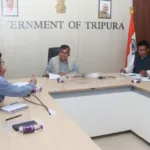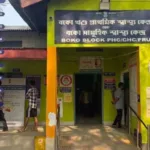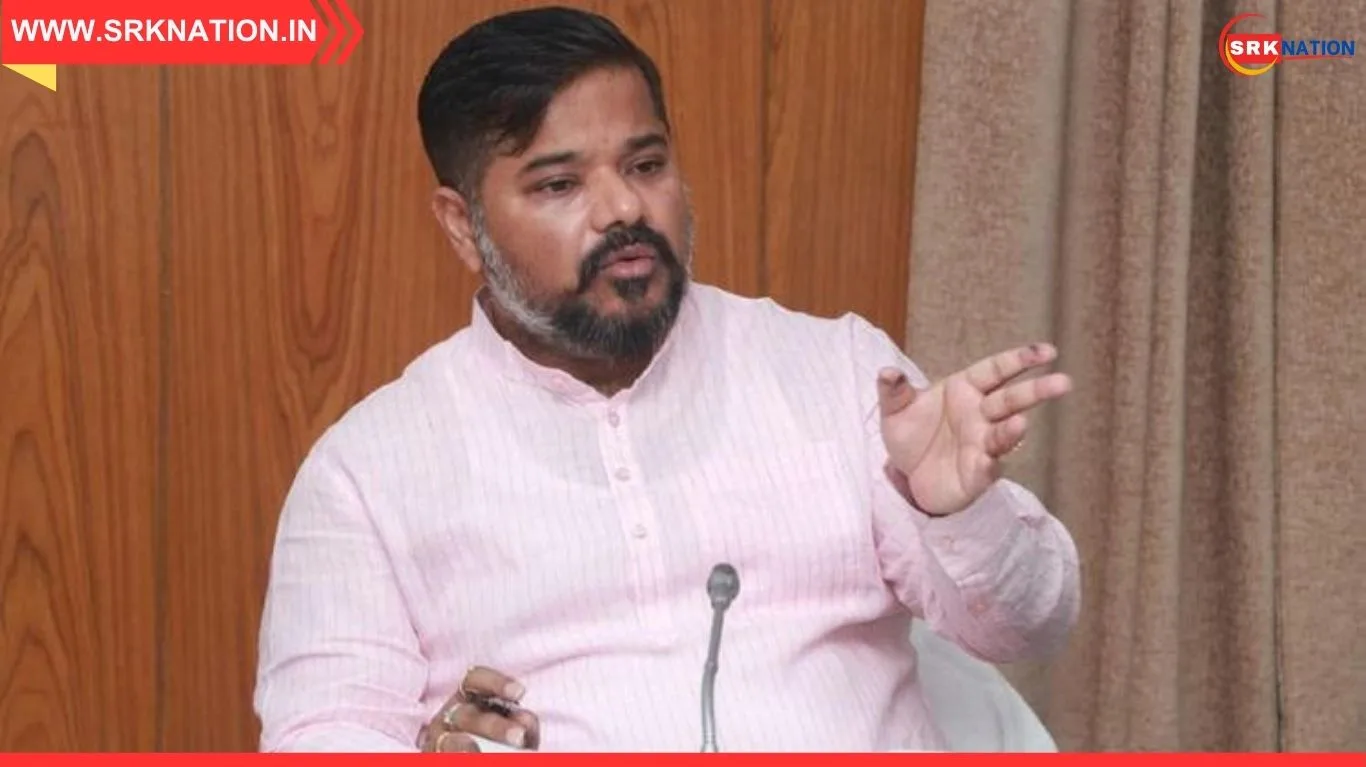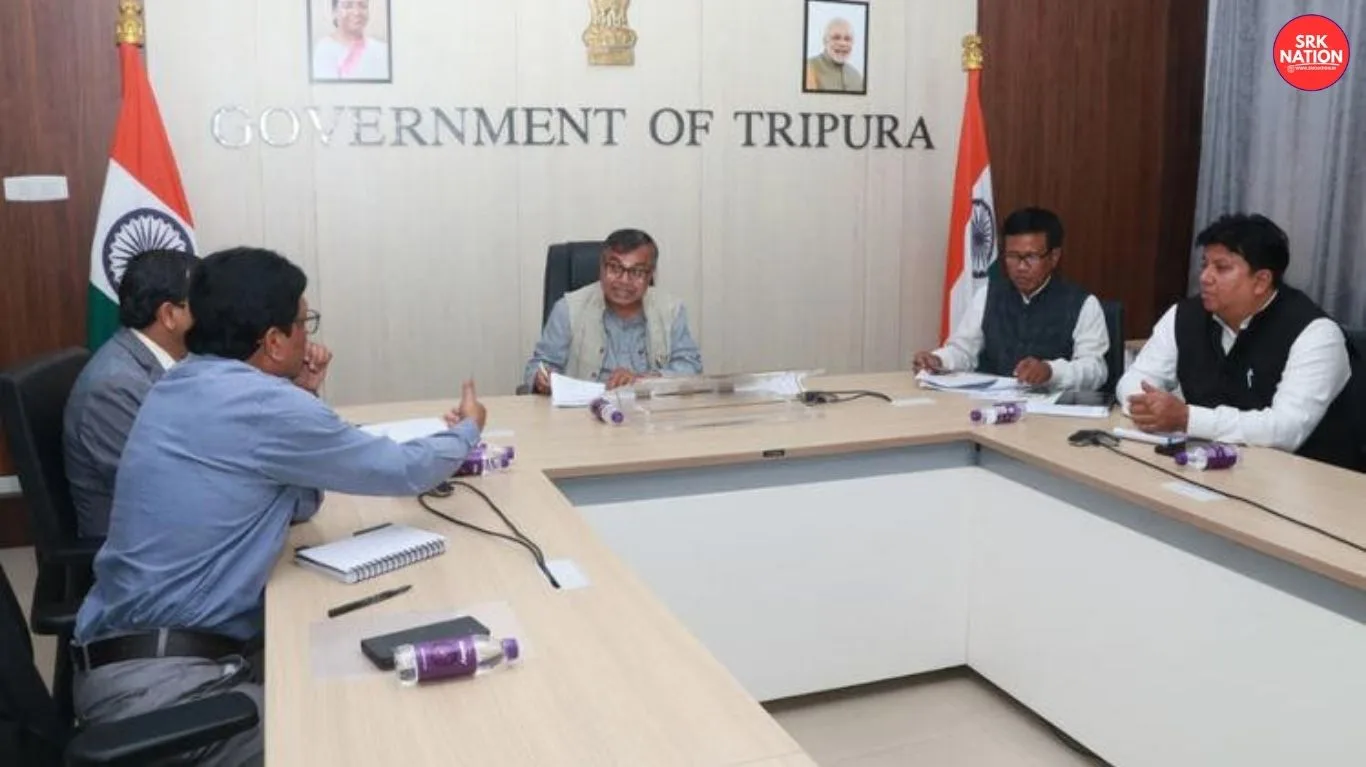In a landmark decision aimed at strengthening higher education and administrative capacity, the Tripura government has approved the creation of over 400 new posts and cleared the upgrade of two major institutions into full-fledged universities. This move is being hailed as a transformative step for the state’s education sector, promising better opportunities for students, improved infrastructure, and enhanced academic standards.
The announcement reflects Tripura’s growing emphasis on education as a driver of socio-economic development. By expanding faculty positions and upgrading institutions, the state aims to attract talent, boost research, and provide students with access to world-class learning environments without leaving the region.
📊 Key Highlights
- New Posts Approved: Over 400 positions sanctioned across higher education and administrative departments.
- University Upgrade: Two key institutions cleared for elevation to university status.
- Government Vision: Strengthen academic infrastructure, research, and student opportunities.
- Public Response: Positive reception from students, faculty, and education activists.
- Future Outlook: Tripura poised to become an emerging hub for higher education in Northeast India.
🔎 Background of the Decision
Tripura has long faced challenges in retaining talent and providing adequate higher education opportunities. Many students migrate to other states for advanced studies due to limited options locally.
- Institutional Upgrade: The government’s decision to elevate two institutions into universities is expected to reduce this outflow.
- Faculty Expansion: The creation of 400+ posts will address shortages in teaching staff and administrative personnel.
- Strategic Focus: The move aligns with Tripura’s broader vision of improving literacy, skill development, and employability.
📉 Comparative Snapshot of Higher Education Expansion in Northeast India
| State | Recent Initiative | Posts Created | Institutions Upgraded | Impact |
|---|---|---|---|---|
| Assam | New medical colleges | 300+ | 2 upgraded to universities | Boosted healthcare education |
| Meghalaya | Technical institute expansion | 200+ | 1 upgraded | Strengthened engineering education |
| Manipur | Agricultural university upgrade | 150+ | 1 upgraded | Enhanced agri-research |
| Tripura | 400+ new posts, 2 institutions upgraded | 400+ | 2 upgraded | Major boost to higher education |
🔄 Government Goals vs Public Expectations
| Factor | Government Goals | Public Expectations |
|---|---|---|
| Academic Quality | Improve faculty strength and research output | Access to better education locally |
| Infrastructure | Upgrade institutions to university status | Modern facilities and global exposure |
| Employment | Create new posts for professionals | Job opportunities for local youth |
| Regional Growth | Position Tripura as education hub | Reduce migration to other states |
🚀 Impact of the Decision
The approval of new posts and university upgrades will have wide-ranging effects:
- Student Opportunities: More courses, better faculty, and improved infrastructure.
- Faculty Recruitment: Attracting qualified professionals to Tripura’s education sector.
- Research Boost: Universities expected to focus on regional issues like agriculture, environment, and technology.
- Economic Growth: Education-driven development to support Tripura’s economy.
- Social Impact: Empowerment of youth through access to quality higher education.
💬 Expert Commentary
Education experts have welcomed the move:
- “Tripura’s decision to upgrade institutions into universities is a game-changer for the state,” said a senior academic.
- “The creation of 400+ posts will address faculty shortages and improve student-teacher ratios,” noted an education activist.
- “This initiative could position Tripura as a leading education hub in the Northeast,” added a policy analyst.
🌍 Broader Context
The decision must be seen in the larger context of India’s education reforms:
- National Education Policy (NEP): Encourages states to expand higher education infrastructure.
- Regional Development: Northeast India has been a focus area for improving literacy and skill development.
- Global Trends: Countries worldwide are investing in higher education to drive innovation and growth.
- Tripura’s Role: The state’s proactive measures could inspire similar initiatives in neighboring regions.
📊 Public Sentiment Analysis
| Group | Reaction |
|---|---|
| Students | Excited about new opportunities and reduced need to migrate |
| Faculty | Welcomed new posts, expect better working conditions |
| Parents | Positive about children accessing quality education locally |
| Activists | Call for transparency in recruitment and infrastructure development |
📊 Key Benefits of University Upgrade
| Benefit | Description |
|---|---|
| Expanded Courses | More undergraduate, postgraduate, and research programs |
| Faculty Strength | Improved student-teacher ratio with 400+ new posts |
| Research Focus | Universities to address regional challenges |
| Infrastructure | Modern facilities, labs, and libraries |
| Global Exposure | Opportunities for collaborations and exchange programs |
📝 Conclusion
The Tripura government’s approval of over 400 new posts and the upgrade of two key institutions into universities marks a historic step in the state’s education journey. By addressing faculty shortages, expanding infrastructure, and elevating institutions, Tripura is laying the foundation for a stronger, more inclusive higher education system.
For students, this means access to better opportunities without leaving the state. For faculty, it promises improved working conditions and research prospects. For the state, it represents a strategic investment in human capital that will drive socio-economic growth.
As Tripura positions itself as an emerging hub for higher education in Northeast India, the decision could serve as a model for other states, reinforcing the importance of education as the cornerstone of development.
⚠️ Disclaimer
This article is for informational purposes only and is based on publicly available government and education updates. It does not constitute legal or policy advice. Readers are encouraged to follow official communications from the Tripura government and education authorities for the latest updates.











